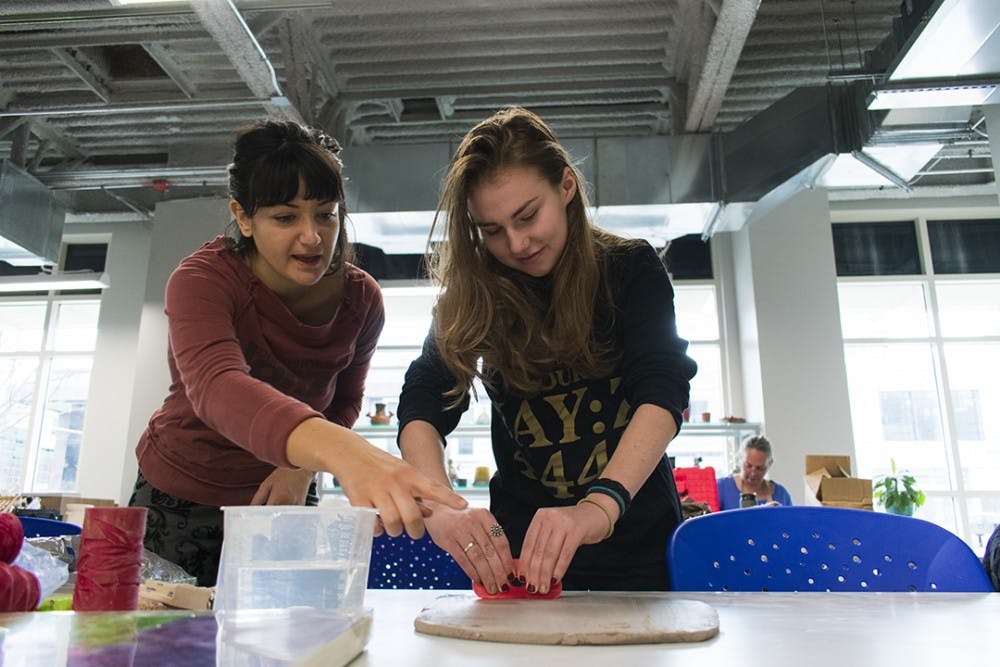We’ve all been there: During our first semester on campus, the pressure to find a cool internship or research program overwhelms us, but we don't know where on earth to begin. Or maybe your first semester struggle was adjusting to not living with family anymore, not knowing any good restaurants or feeling lost trying to keep up with schoolwork.
Whatever it was, we all struggled with something during that crucial first semester. And I believe that a mandatory mentor program would help alleviate some stress for first-year students.
The words “mentor” and “mandatory” can undeniably bring fear and apprehension to students, but if universities could figure out a way to integrate a required mentorship into their first-year curriculum, students would be better off.
Studies have shown that a large part of feeling satisfied with one’s college experience relates to how involved a student is in internships or research projects during his or her undergraduate years. The studies also show that a student's involvement depends on whether a student has someone guiding them through the process. Bottom line: A mentorship can mean the difference between getting involved in college and letting these four years slip away.
Not many students would disagree with the statement that having a mentor is important, of course. But the issue lies in getting students over the anxiety of having to reach out to strangers and ask for a favor. It can be really intimidating. I remember having to find a mentor within seven days for one of my classes, and it caused a lot of stress that wasn’t necessary during the week before finals.
That’s not to say that the outcome wasn’t worth it — it was.
Most universities, including South Carolina, have a first-semester class geared toward helping freshmen navigate college life. I believe part of this class should include finding a mentor. Universities already spend lots of time reaching out to and engaging with alumni. This pool of graduates would be a great place to recruit mentors for students. Perhaps with a little incentive, such as a yearly appreciation dinner, these alumni would volunteer to help students get on the right track for success. Most alumni feel a sense of pride in their university, so what better way for them to stay involved?
Whether it’s a faculty member, alumnus or another successful professional in student’s interest field, having a mentor will speed up the process of first year students feeling at home and secure on campus.
When we first come to college, most of us have no idea what we’re in for. Sure, we know it’s going to challenge us academically and enrich our intellectual lives, but most students can’t comprehend just how many ways there are to get involved on campus. With the guidance of a mentor who has gone through the college experience successfully, first-years would not only understand the process of getting involved but also have more confidence to actually do so.

